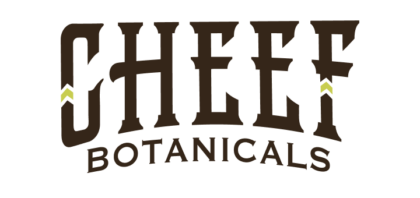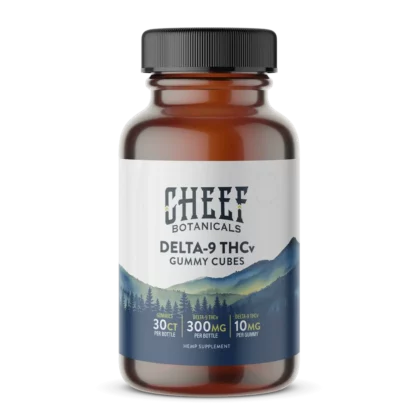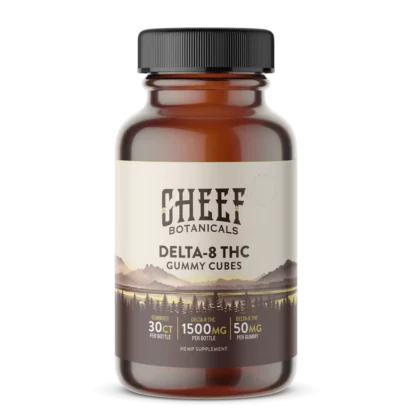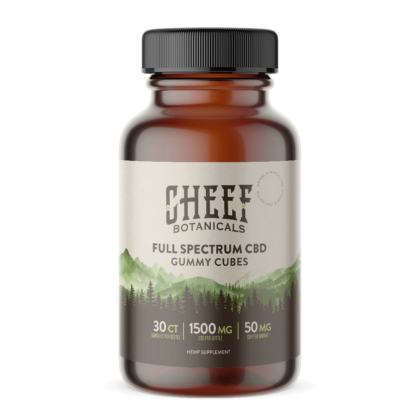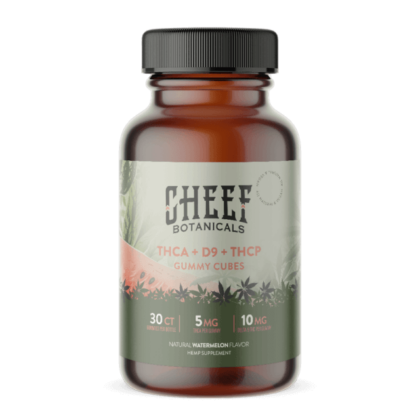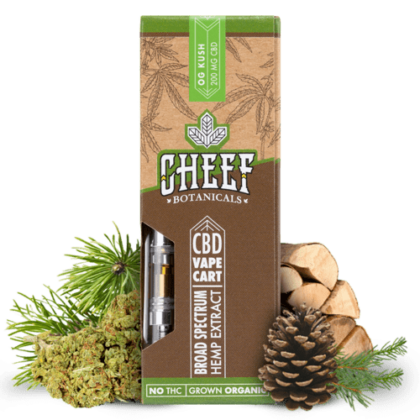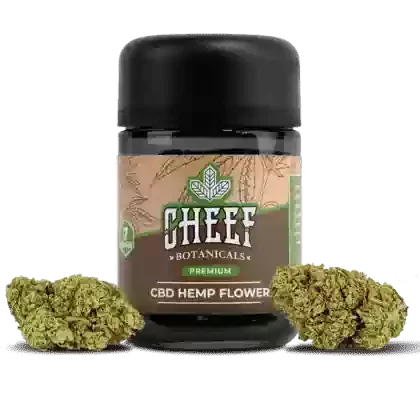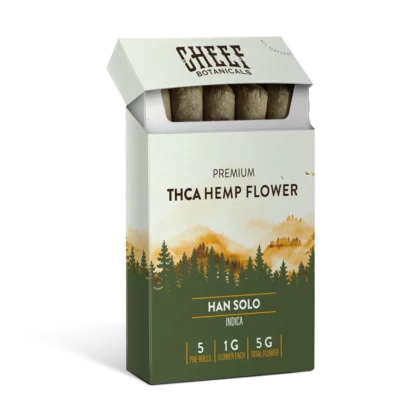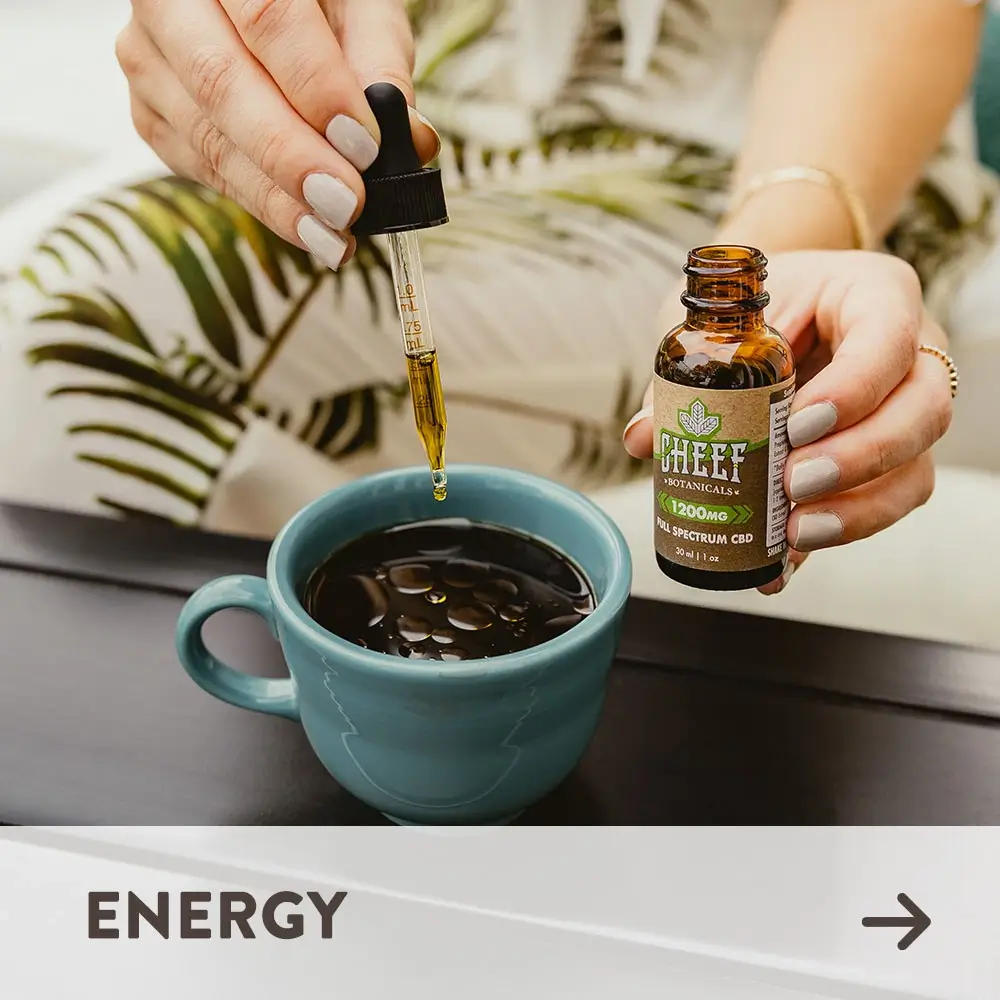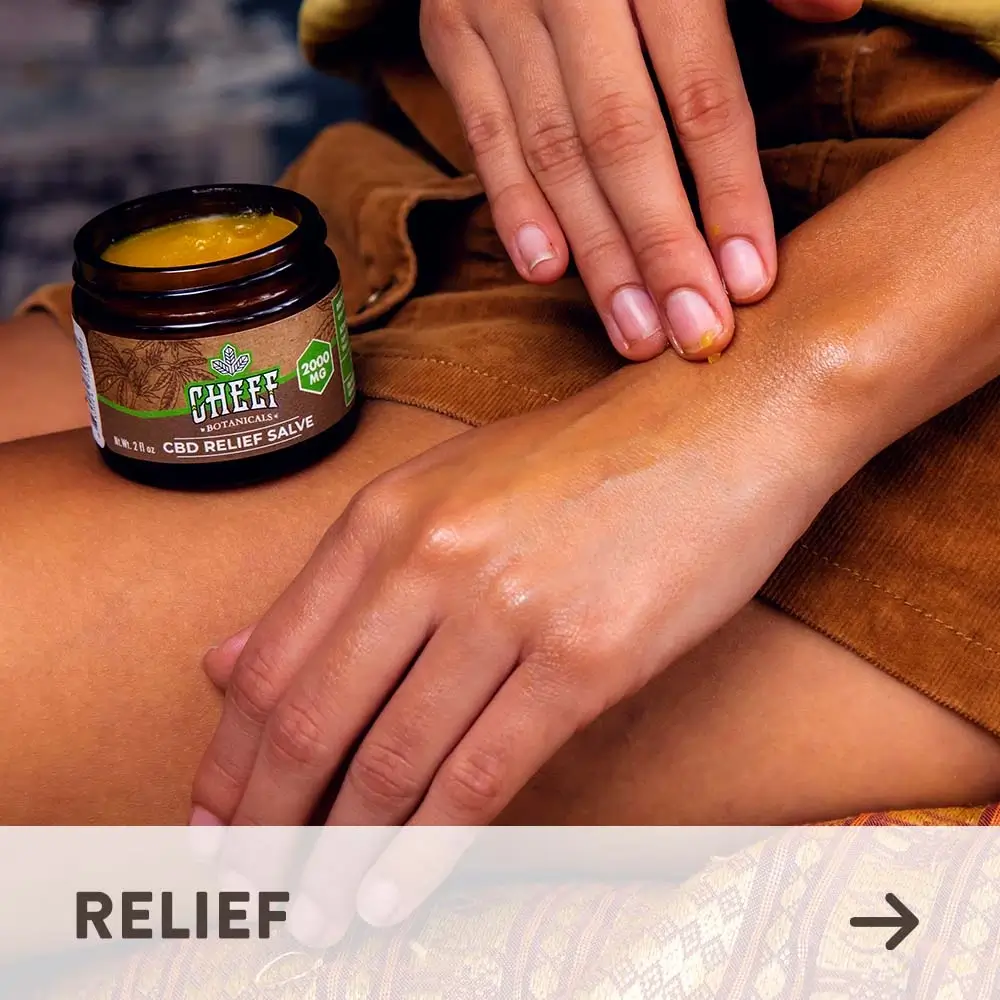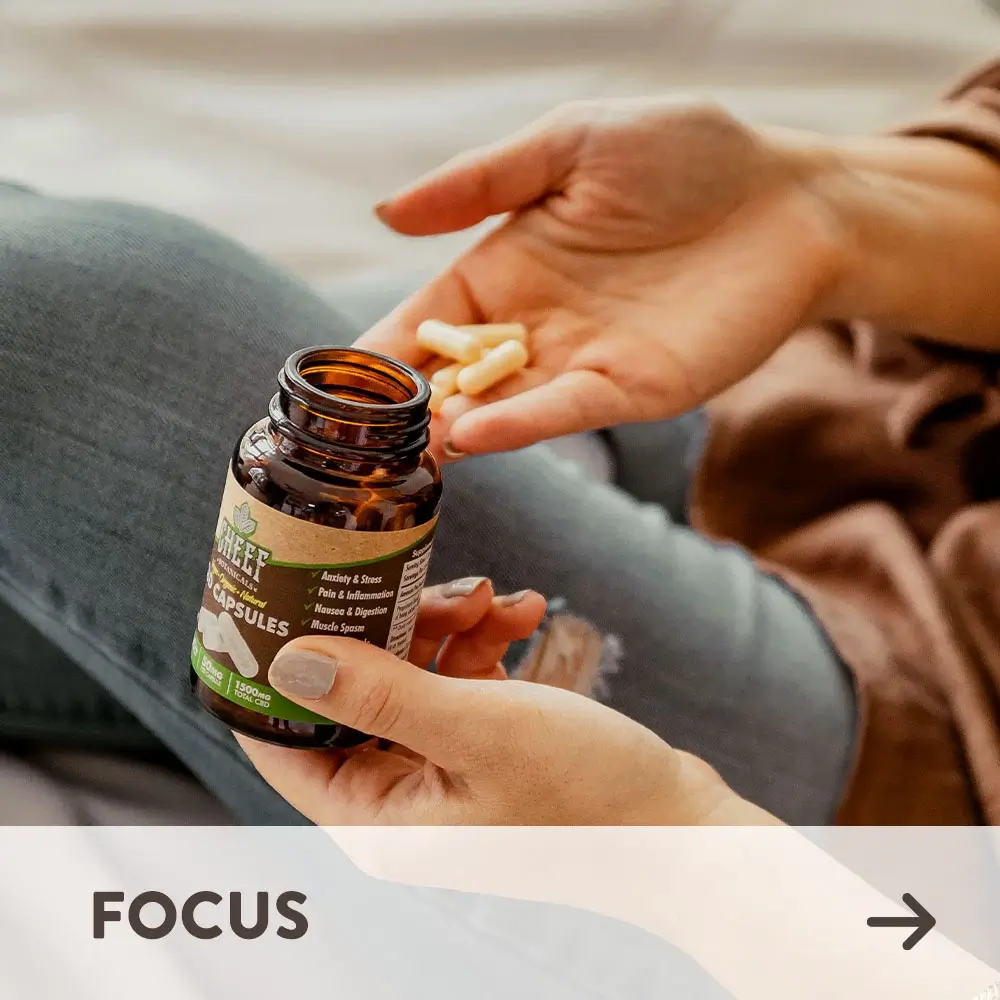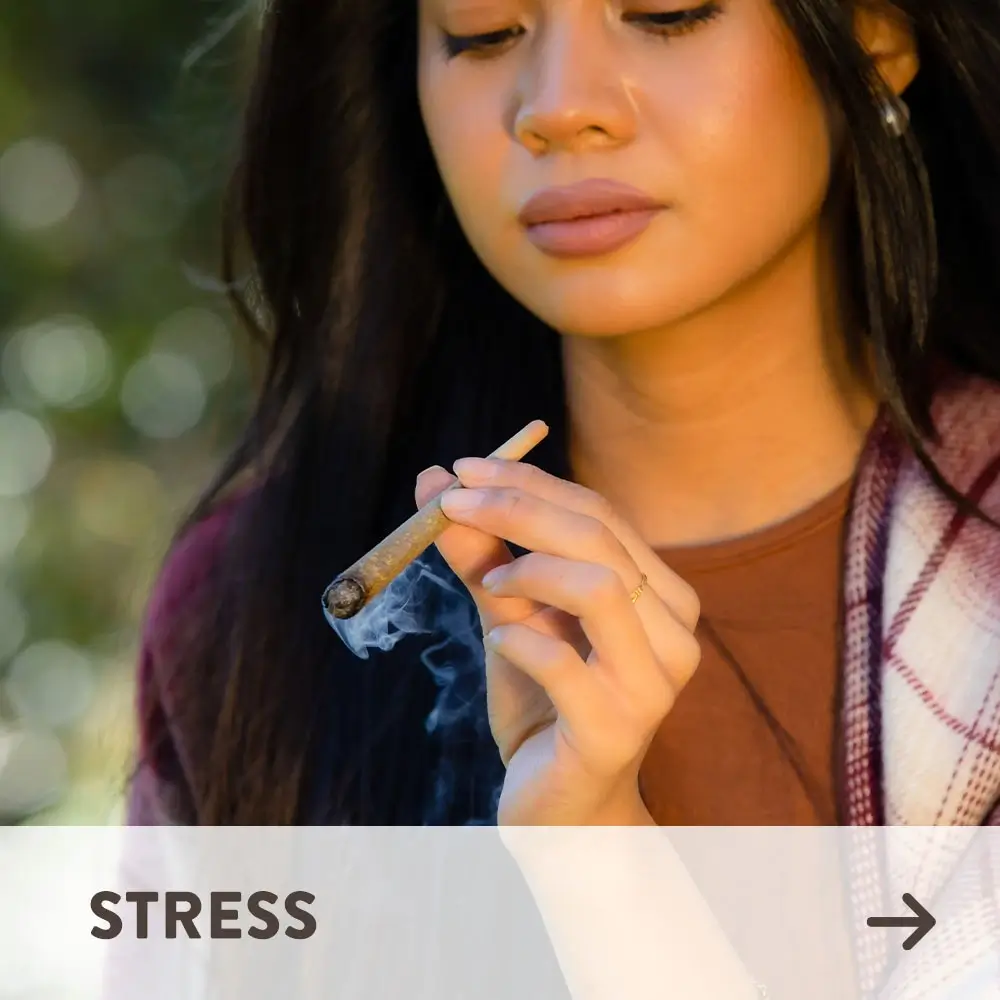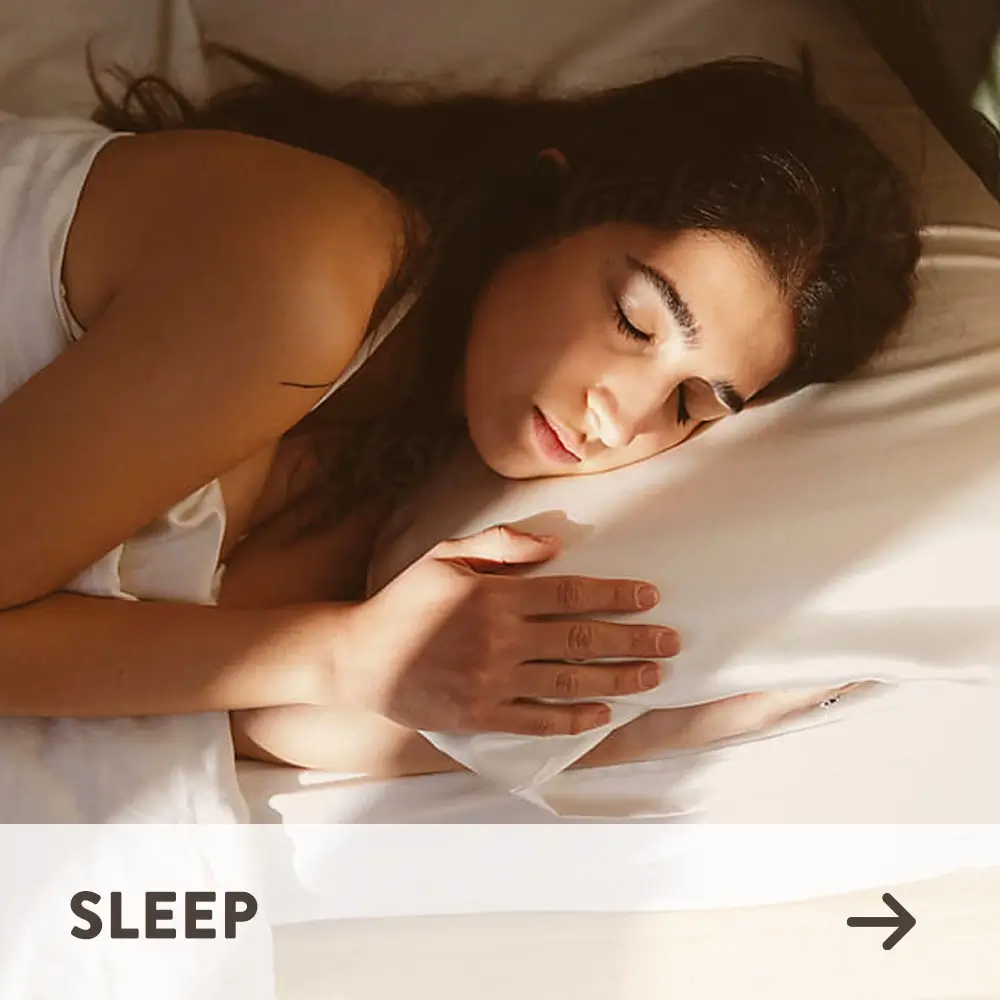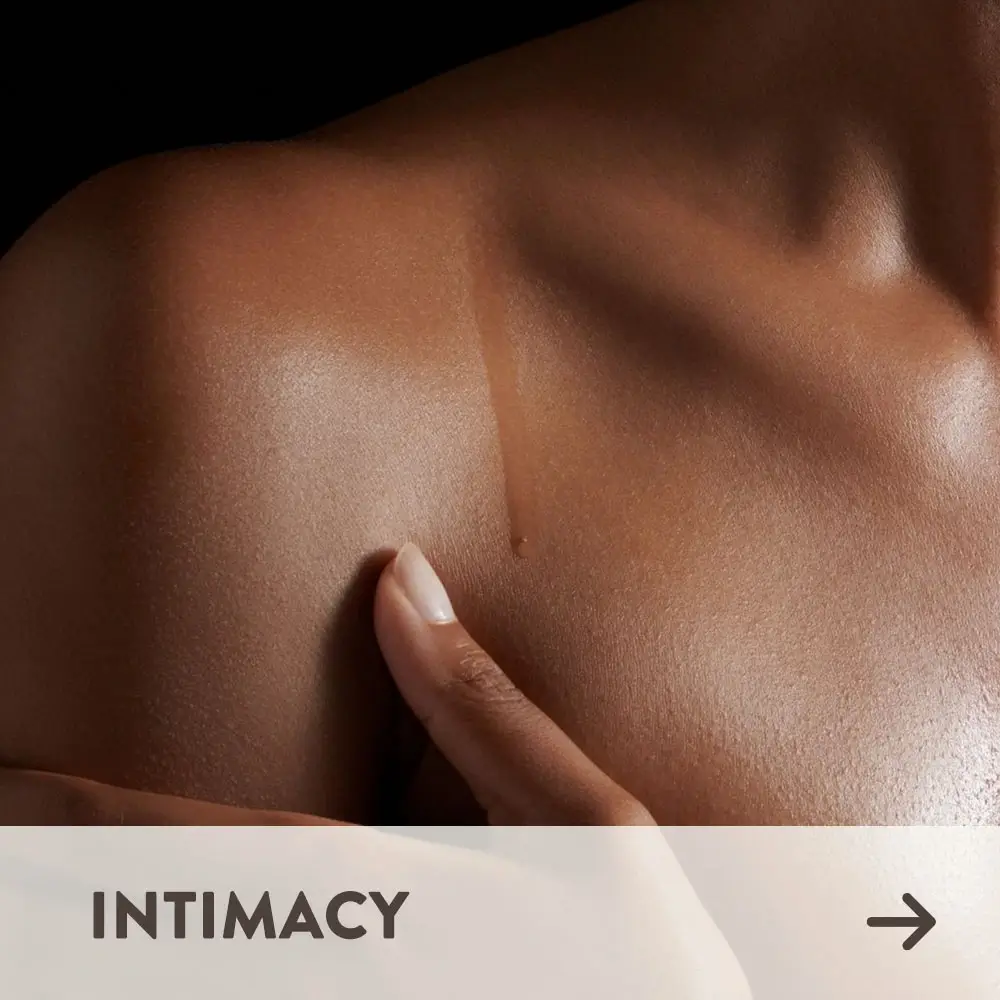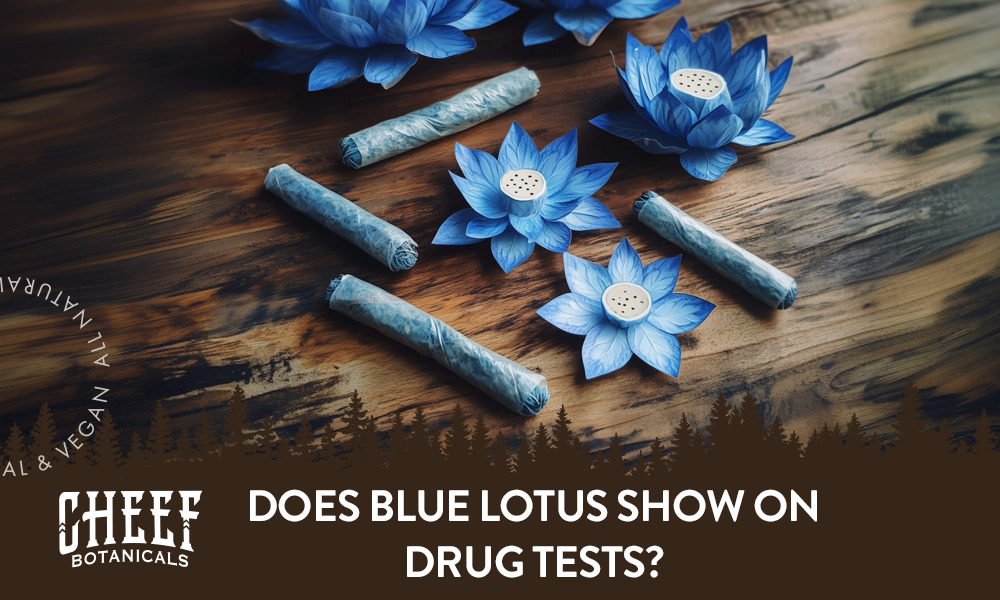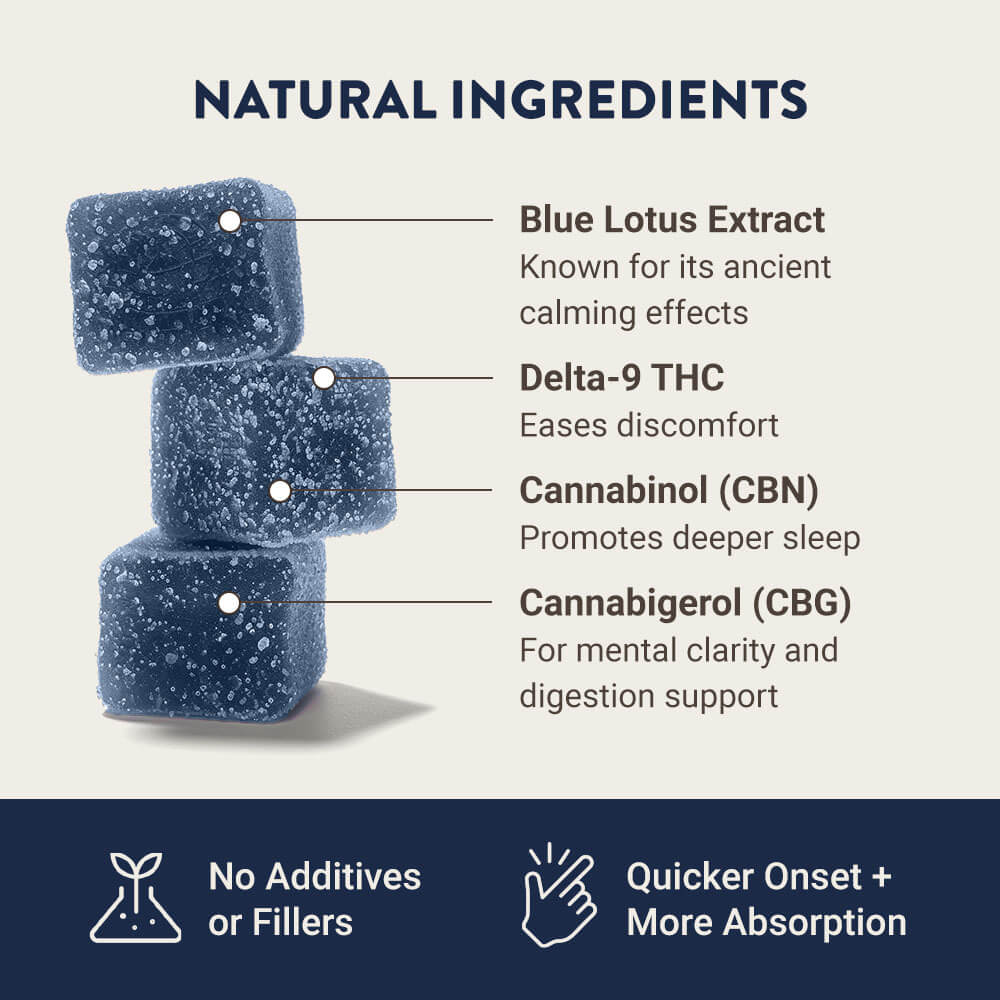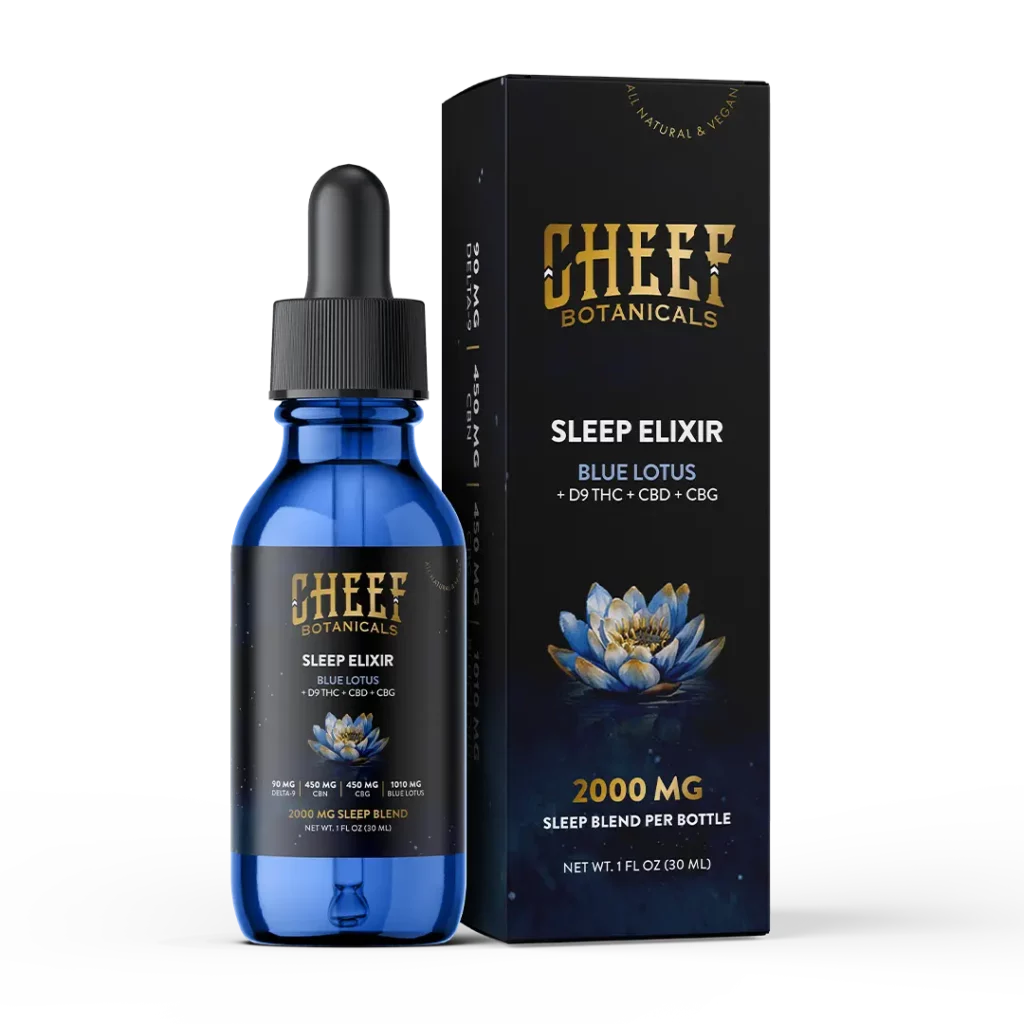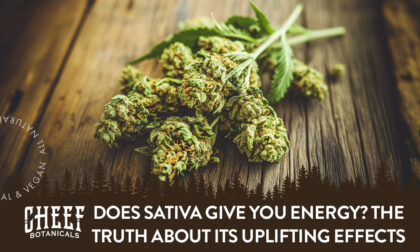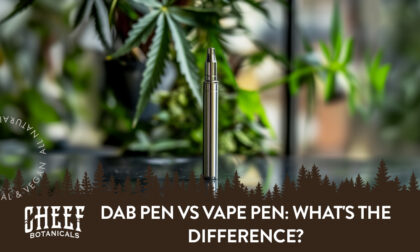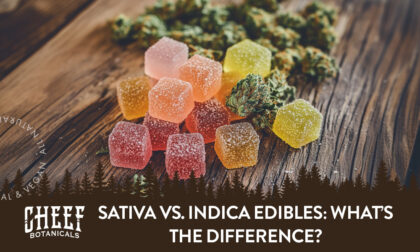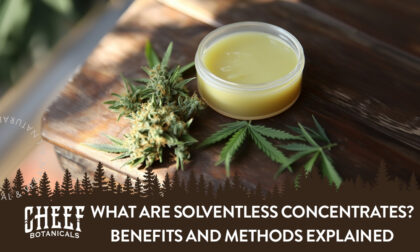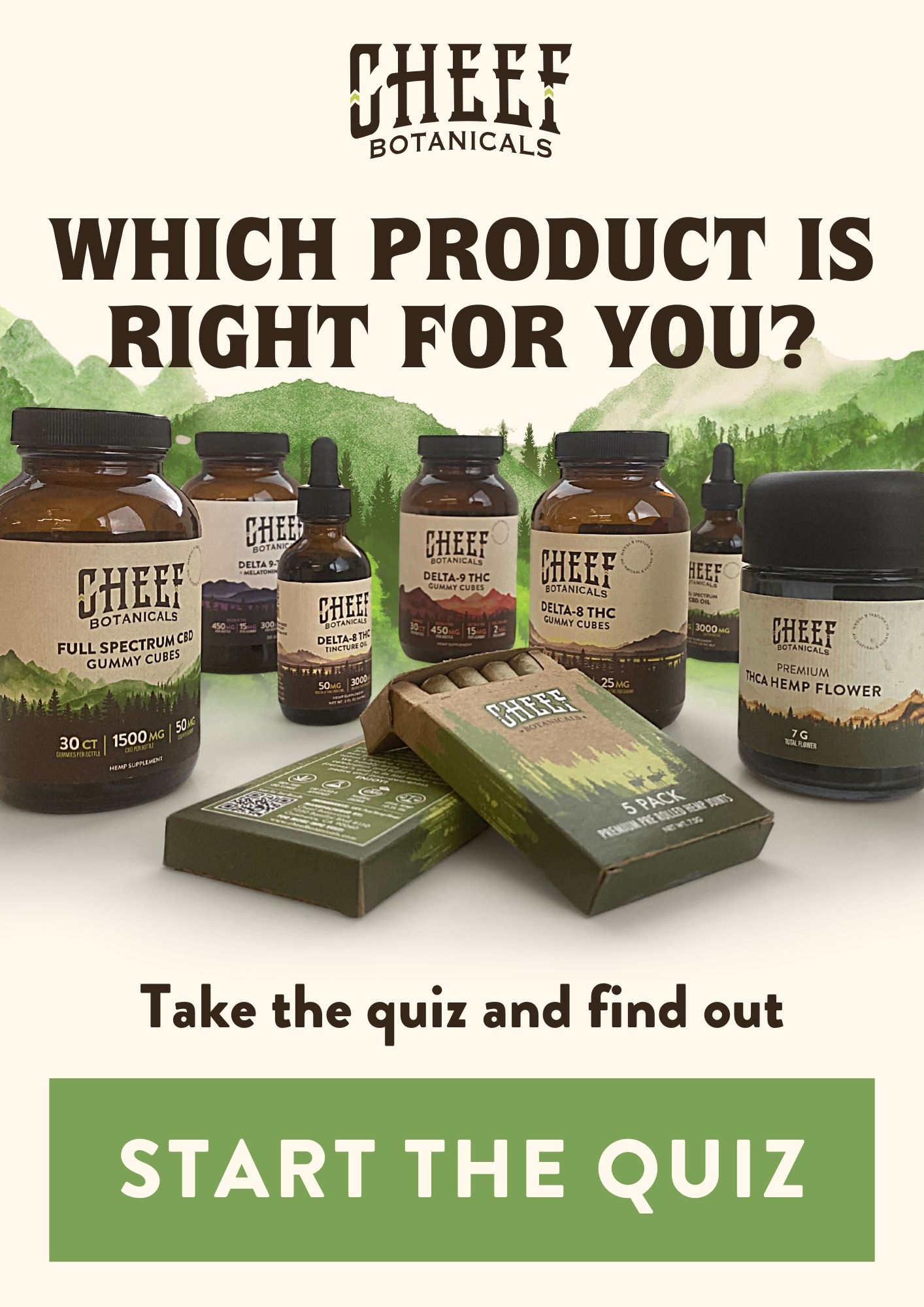Does blue lotus show up on a drug test? It’s a common question, especially for those interested in natural remedies like the blue lotus flower. This plant has been valued since ancient times for its soothing effects, but its impact on modern drug tests is less understood.
In this blog, we’ll explore whether the compounds found in blue lotus and if it will show up on a drug test. This may concern anyone from service members to those in professions requiring regular drug screenings. Keep reading to uncover more about the legalities and testing specifics of blue lotus and how it might affect you!
Blue Lotus Overview, History, and Uses
Blue lotus, known scientifically as Nymphaea caerulea, has a storied history dating back to ancient Egypt. Once a symbol of the Nile’s fertility, it was used in spiritual and healing rituals. Nowadays, people often turn to the blue lotus to relax, enhance sexual performance, and manage anxiety.
Blue lotus is found in various forms, like teas, oils, and extracts. The most potent parts of the plant are its leaves and flowers, which are known to be more effective than the roots. However, high doses of concentrated blue lotus extracts can cause strong euphoric effects, so it’s best to use the plant sparingly. If you’re interested in a natural way to unwind, blue lotus might be what you’re looking for.
How Do Drug Tests Work and What Do They Detect?
Drug tests are analytical tools used to detect the presence of specific substances or compounds in your body, indicating recent drug use. These tests are commonly mandated for some individuals on probation. Tests may also be necessary for job screenings, competitive sports, and military regulations. The typical substances targeted include widely recognized illegal drugs and prescription medications, with methods that analyze urine, blood, hair, or saliva samples.
It’s important to understand that while not all substances are illegal, some legal substances might still affect your drug test results. For example, the blue lotus flower is not classified as a controlled substance or regulated by the FDA. However, it’s not legally available in all states and is prohibited in the military.
This is important because some blue lotus products, like those we offer, may contain cannabis cannabinoids like THC. Although federally legal in low amounts, THC is a controlled substance and can lead to positive results in a drug test. Awareness of the contents of any supplements or herbal products you use is key to avoiding unexpected drug test outcomes.
Types Of Drug Tests Explained
Knowing the various types of drug tests can prepare you for what to expect when it’s time to undergo testing. Each method has its unique approach and detection windows, making them suitable for various situations. Here’s a breakdown of the most common drug testing methods used today:
- Urine Test. This is the most common type of drug test, often used in employment screenings and legal situations. It tests for substances in your urine, revealing drug use typically within the last few days to a week.
- Blood Test. Blood tests are less common due to their invasiveness but are very accurate. They can detect drug use almost immediately after consumption and for a short period afterward, making them useful in medical emergencies or accident investigations.
- Saliva Test. Quick and less invasive, saliva tests can detect if drugs have been used within the last few hours up to a couple of days. They are commonly used by law enforcement for roadside testing.
- Hair Follicle Test. Offering the longest detection window, hair follicle tests can show drug use going back up to 90 days. Due to their extensive reach back in time, they are often used in court cases or for detailed employment histories.
Each testing method provides a different perspective on drug use, catering to specific needs and scenarios.
Does Blue Lotus Show Up on a Drug Test?
While blue lotus is not classified as a controlled substance, its impact on drug tests can be a bit complex. The plant itself is not typically screened for in standard drug tests, which generally focus on substances like narcotics, cannabis, and alcohol.
As we mentioned, some products derived from blue lotus may contain compounds that could influence drug test outcomes. For example, if a blue lotus product is infused with cannabinoids, these could show up in a drug test designed to detect marijuana or other controlled substances. Know the ingredients of any blue lotus products you use, especially if you’re subject to regular drug testing.
Understanding what’s in the substances you consume helps you navigate the potential legal and professional risks. Always check the labels and seek products from reputable sources to avoid surprises during a drug test.
Why Do People Consume Blue Lotus?
People turn to blue lotus for several reasons, largely due to its historical use and perceived benefits. This aquatic plant, also known as the blue Egyptian lotus, has been valued since ancient Egyptian times for its soothing properties that promote relaxation, sleep quality, and stress relief.
One of the key attractions of blue lotus is its potential to enhance mood and provide a sense of calm, making it popular among those looking to ease nervous thoughts and improve their overall mental wellness. Some take it for enjoyment, tapping into its mild psychoactive effects that can lead to feelings of euphoria at higher doses. Others claim it enhances sexual performance and may boost libido.
The plant is also appreciated for its aesthetic appeal and is used in teas and infusions, offering a natural, mild alternative to stronger substances. If you’re interested in herbal remedies for wellness, blue lotus might be worth exploring.
Legal Considerations and Blue Lotus
Although not a controlled substance, the legal status of blue lotus varies significantly across different regions. In the United States, this plant isn’t regulated by the FDA, so it’s not approved for consumption as a food or drug. This unregulated status can lead to variations in legality from one state to another.
Blue lotus is on the list of prohibited dietary supplements for military personnel. This prohibition is due to the potential psychoactive effects of certain compounds found in the plant. If you’re active in the military or any other profession with strict drug testing policies, consuming blue lotus could result in complications or penalties.
Before you decide to use blue lotus, checking your local laws and regulations is a wise step. This ensures that you stay compliant and avoid any legal issues while exploring the benefits of this ancient and intriguing plant.
Blue Lotus and Drug Screening Concerns and Tips
If you’re considering using blue lotus, it’s important to know how it might affect drug tests. Blue lotus isn’t a controlled substance, but some products made from it may include cannabinoids that could show up in drug tests. Here’s what you need to know to navigate this safely:
- Check Product Labels. Always examine the labels of blue lotus products closely. If they contain cannabinoids, these substances can show up in drug tests, especially those designed to detect THC.
- Understand the Risks. If you are in a job that requires regular drug testing or if you are a service member, using products infused with cannabinoids could lead to positive test results, which might have serious consequences.
- Choose Wisely. Opt for blue lotus products that are pure and free from added compounds that could affect drug test outcomes. This precaution will help you enjoy blue lotus’s benefits without worrying about legal or professional issues.
By staying informed and cautious, you can ensure that your use of blue lotus aligns with your lifestyle and professional requirements.
Which Type of Blue Lotus Products Are There?
We offer Blue lotus in several forms, each offering unique benefits and methods of consumption. Let’s explore our options:
- Blue Lotus Dried Flower. Often used in teas, the dried blue lotus flower products maintain the subtle calming properties of blue lotus, perfect for a soothing herbal brew.
- Blue Lotus Tincture. Focusing on our specific product, the tincture offers a concentrated, easy-to-administer form of blue lotus. It’s particularly effective for those seeking a quick way to experience the plant’s relaxing effects. Our tinctures at Cheef Botanicals are carefully formulated to enhance calm, aid relaxation, and promote sleep without altering your mental state. We incorporate all-natural, calming cannabinoids from USA-grown organic hemp, providing a gentle, soothing experience.
- Blue Lotus Edibles. Edibles like gummies and chocolates infuse blue lotus extract into delicious treats, making consumption both enjoyable and convenient.
- Cannabis-Infused Blue Lotus Products. These treats are a fusion of traditional herbal relaxation and modern cannabinoid science. Each gummy packs 300mg of blue lotus extract, enhanced with a precise blend of cannabinoids—2mg Delta-9 THC, 10mg CBN, and 10mg CBG. The ingredients are nano-encapsulated to ensure efficient absorption by your body, and they’re made with pectin, catering to vegan dietary preferences.
Remember, while our tinctures and other cannabis-infused products offer enhanced benefits, they could lead to positive results in drug tests due to their cannabinoid content. Always consider your personal and professional requirements when choosing these products.
Frequently Asked Questions – Blue Lotus and Drug Tests
How Long Will Blue Lotus Be in Your System If Consumed?
How long it stays in your system depends on several factors like your metabolism, the amount consumed, and frequency of use. Typically, blue lotus’s effects last about 4-6 hours after consumption. However, traces of the compounds can remain detectable in your system for a few days.
For occasional users, it might clear out within 48 hours. However, consuming it regularly could stay detectable for up to a week because the compounds can build up in your body.
Are There Age Restrictions for Purchasing or Consuming It?
Yes, there are age restrictions on purchasing, possessing, or consuming blue lotus flowers. While the specific age can vary by country and state, generally, you must be at least 18 years old to legally buy and use blue lotus products.
This age restriction ensures that only individuals mature enough to understand the consequences of consuming substances that impact mental and physical health can make informed choices. Always check local laws to make sure you comply with regional regulations concerning age limits for herbal substances like blue lotus.
Are There Any Potential Side Effects to Be Aware Of?
Blue lotus is typically safe but can cause side effects, particularly if it’s your first time using it. You might experience mild headaches, nausea, or feelings of disorientation, which are usually temporary. More intense effects could include euphoria or slight changes in perception.
In very rare cases, taking blue lotus flower might lead to symptoms similar to chest pain or blue lotus-induced seizures. Again these reactions are extremely rare. Start with a small dose to see how you react, especially if you are planning to undergo a standard drug test soon. Avoid driving or performing other safety-sensitive tasks if you feel different than usual, and consult a healthcare professional if adverse effects continue or worsen.

